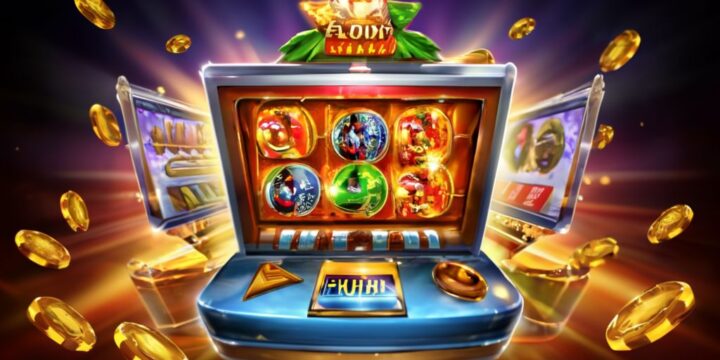
Slot Online Deposit via Sakuku Terpercaya 2024
Slot Online Deposit via Sakuku - Di dunia yang dinamis dari perjudian slot online, munculnya metode pembayaran inovatif telah menjadi perubahan permainan. Salah satu metode yang mendapatkan perhatian pemain Indonesia adalah Slot Online Deposit via Sakuku. Artikel ini menjelajahi penggabungan Sakuku dengan slot online, membahas manfaat, penggunaan, dan lanskap lebih luas dari perjudian online di Indonesia. Pengenalan Slot Online Deposit via Sakuku Sebelum membahas lebih dalam tentang slot online deposit via Sakuku, mari pahami apa itu Sakuku. Sakuku adalah dompet digital yang diperkenalkan oleh Bank Mandiri, salah satu bank terkemuka di Indonesia. Ini telah mendapatkan popularitas besar karena antarmuka yang ramah pengguna dan fitur yang serbaguna. Meningkatnya Popularitas Slot Online Era digital telah menyaksikan lonjakan dalam permainan online, dan slot online telah menjadi pemain utama dalam industri ini. Keuntungan bermain…

